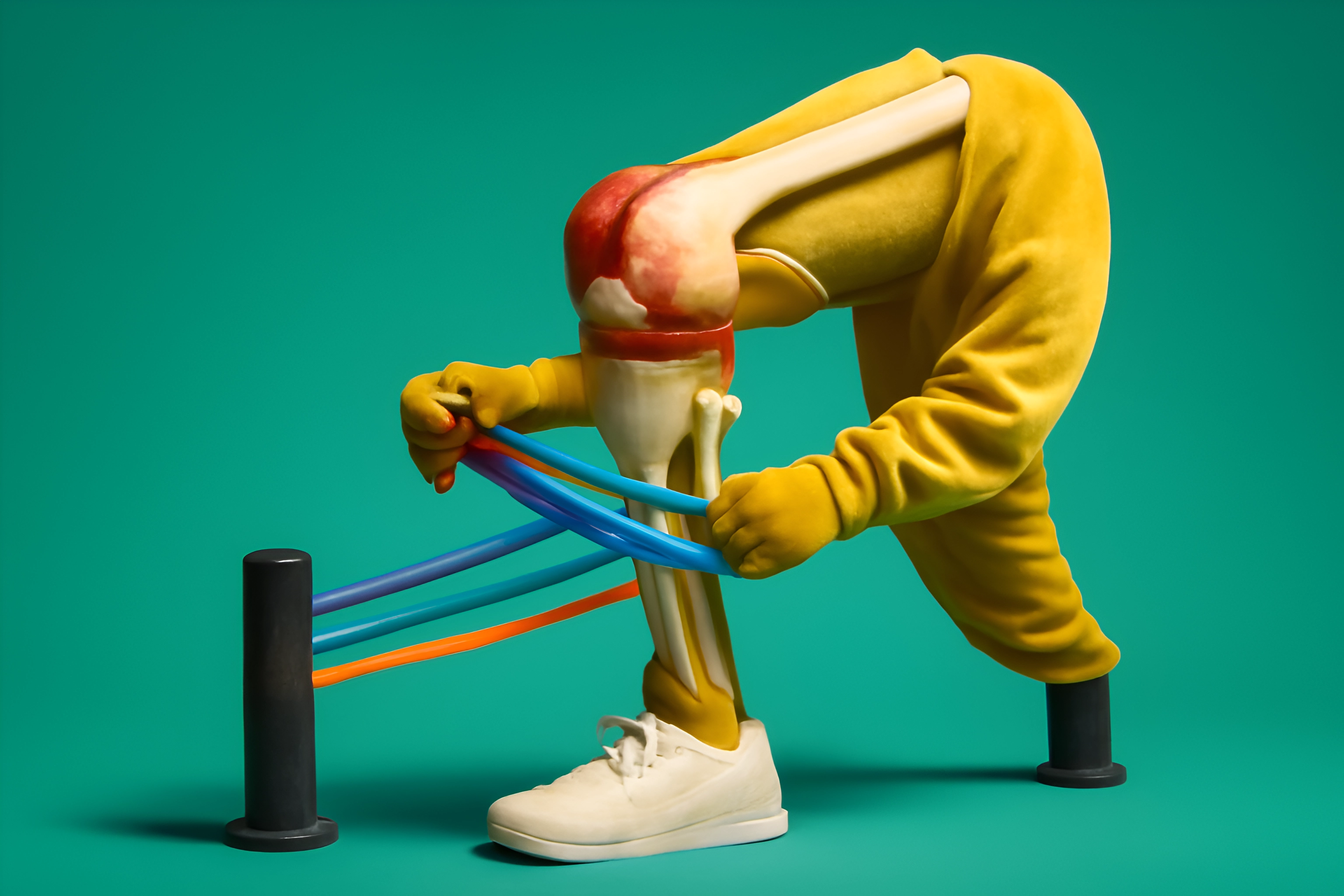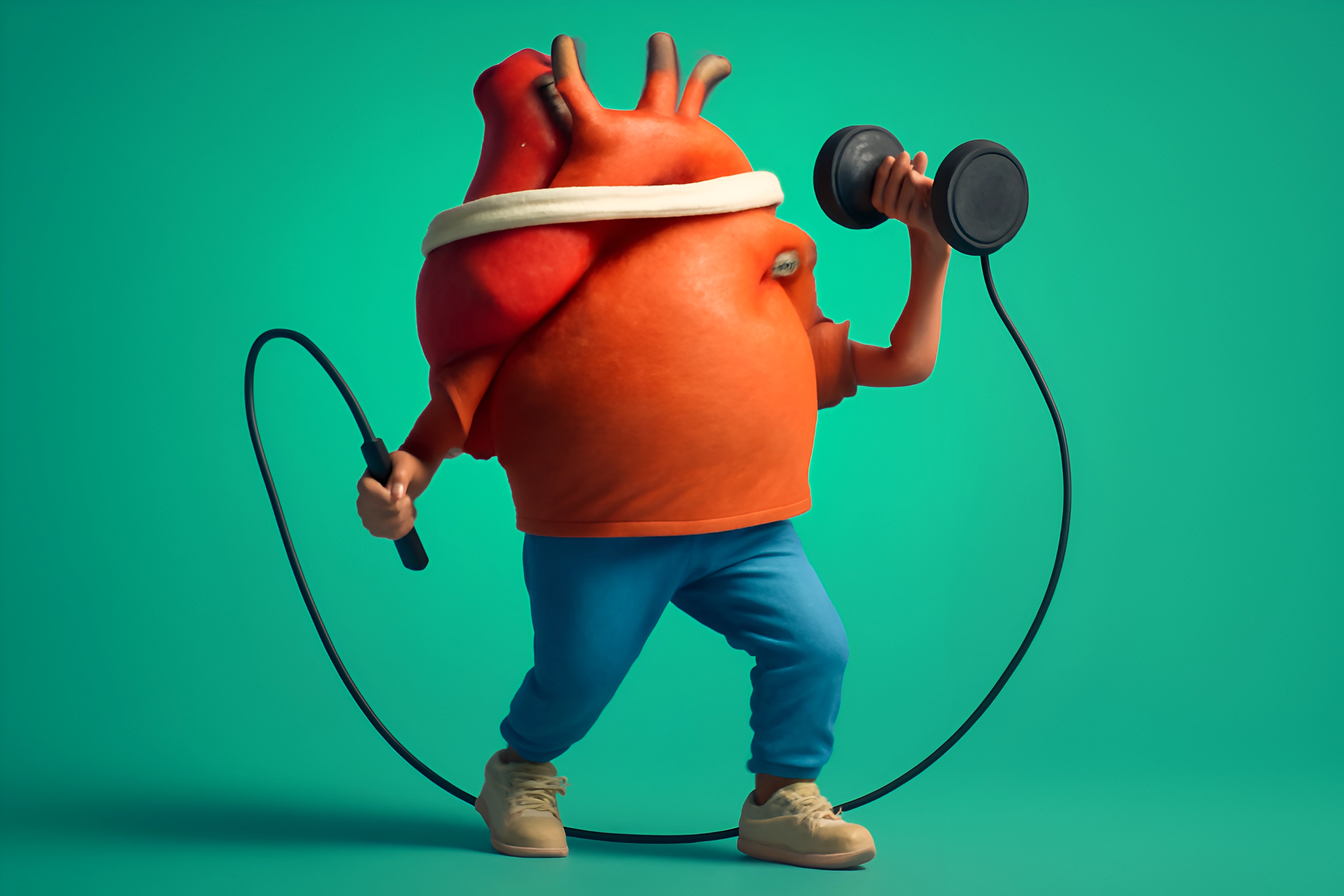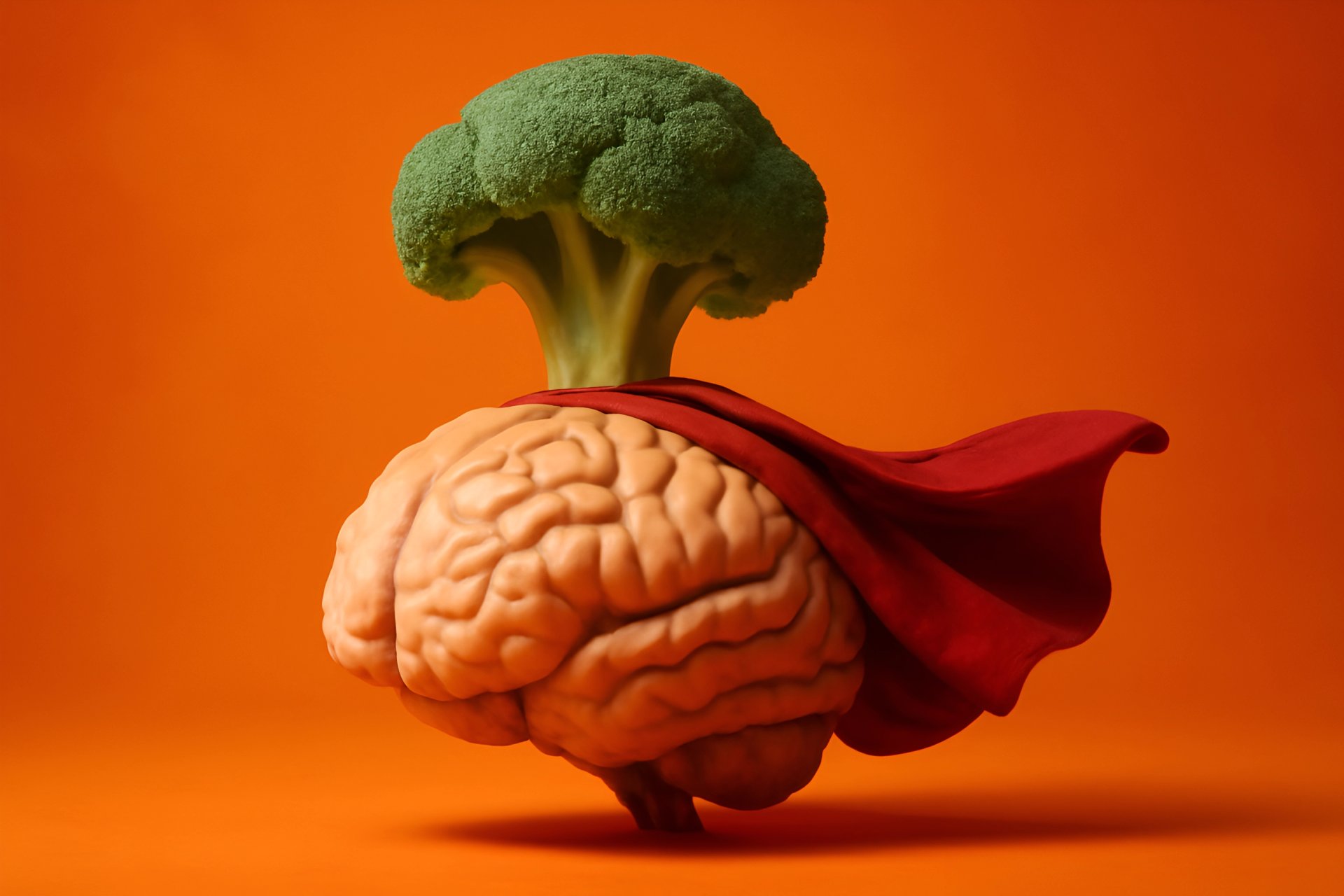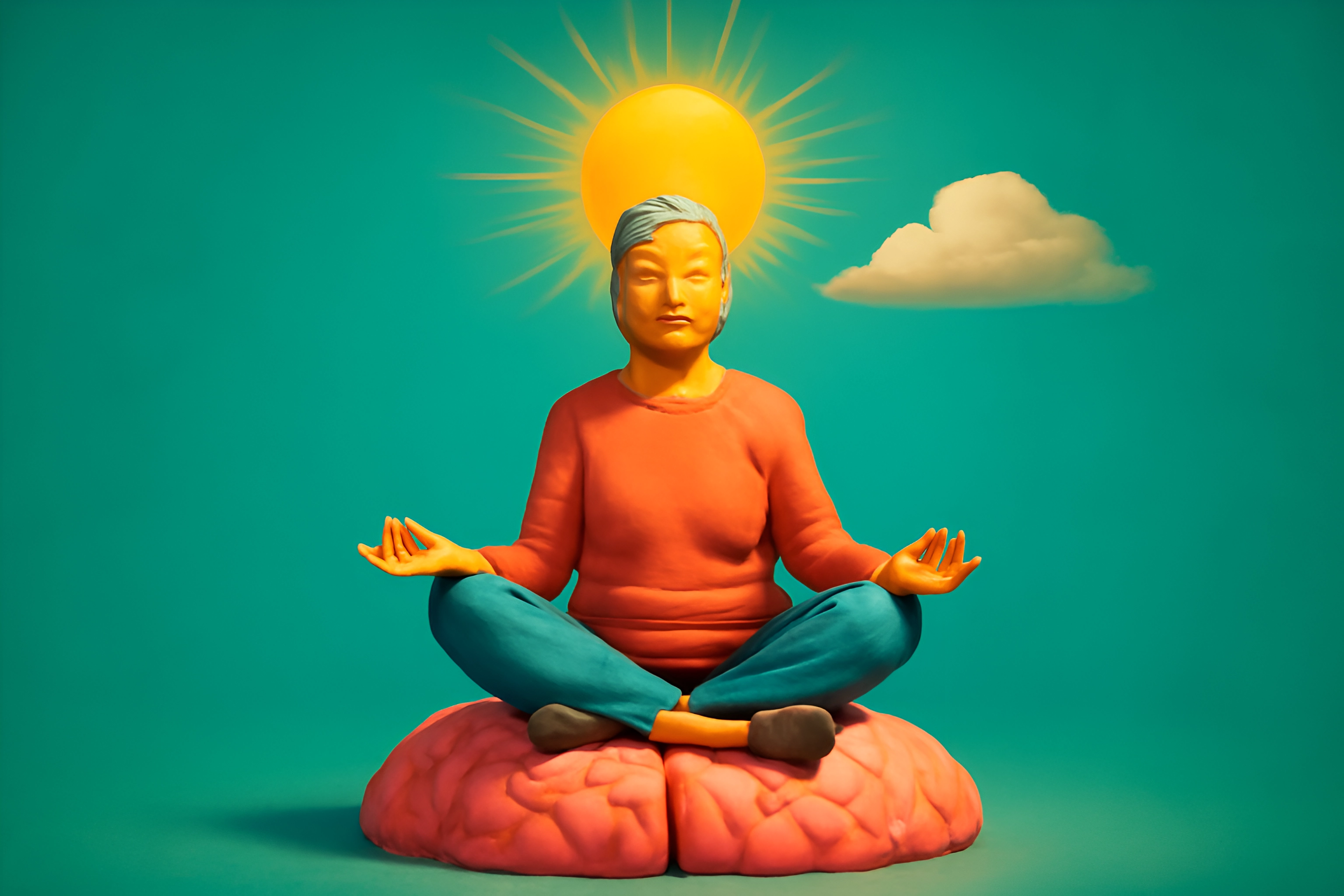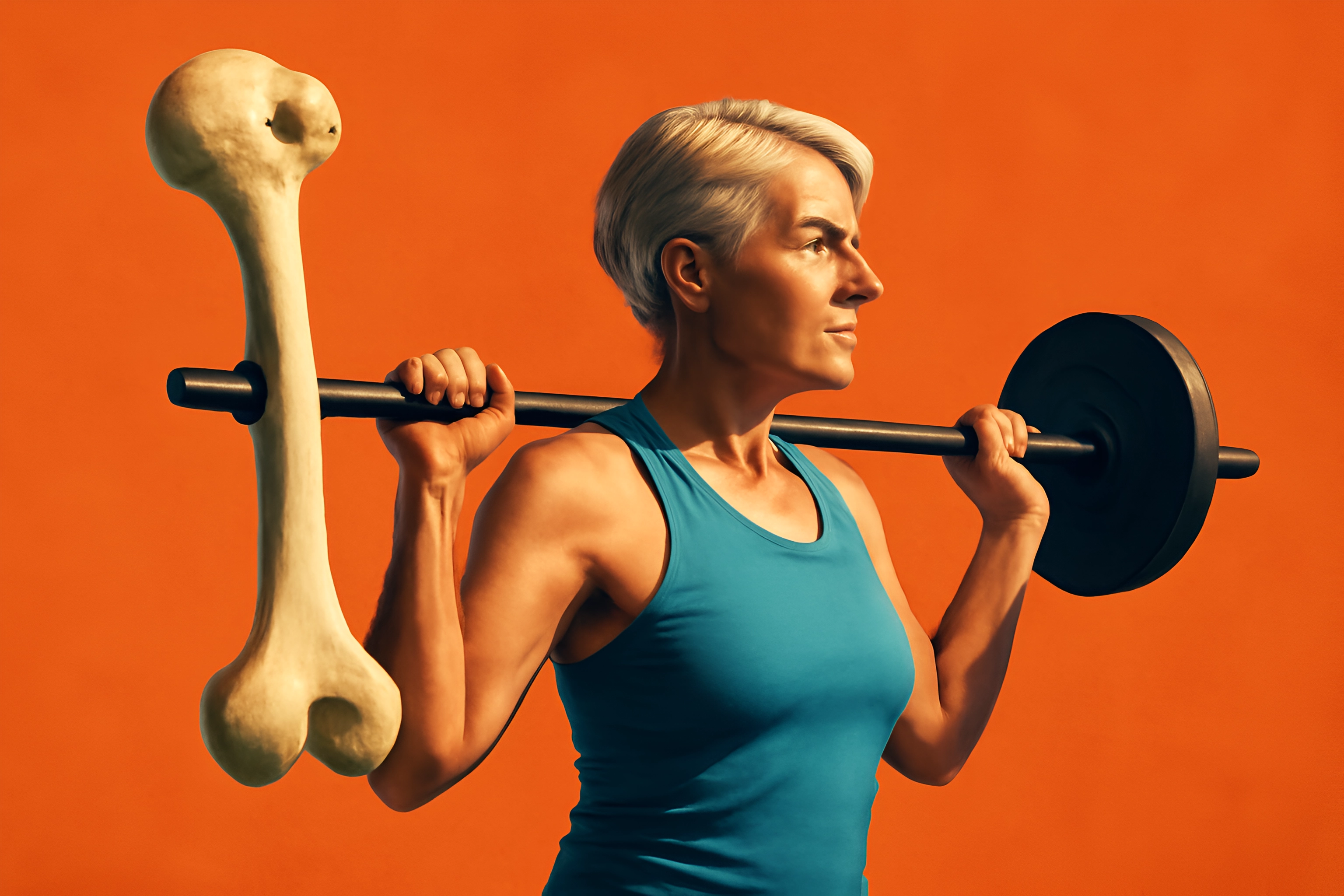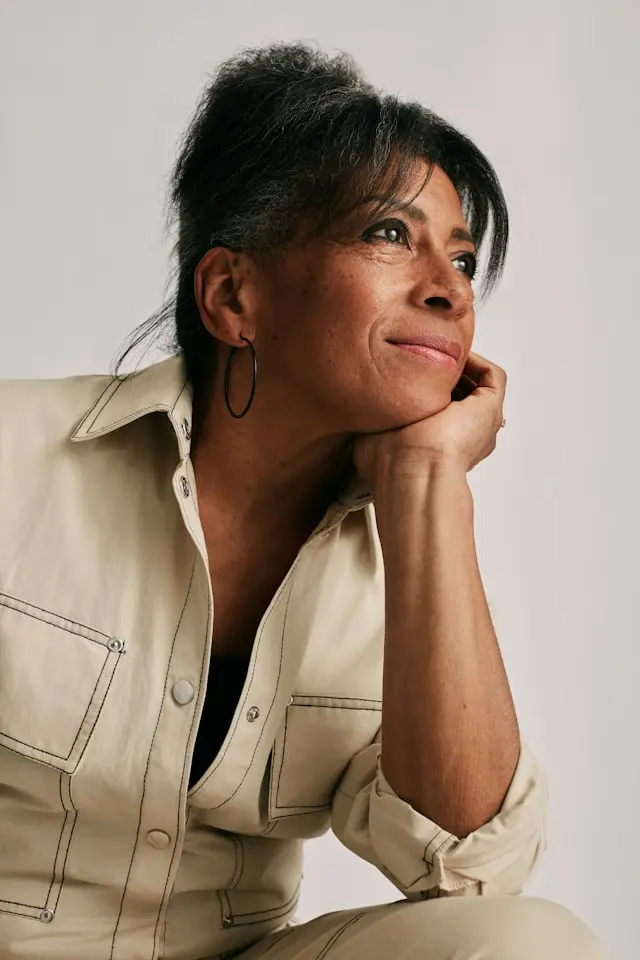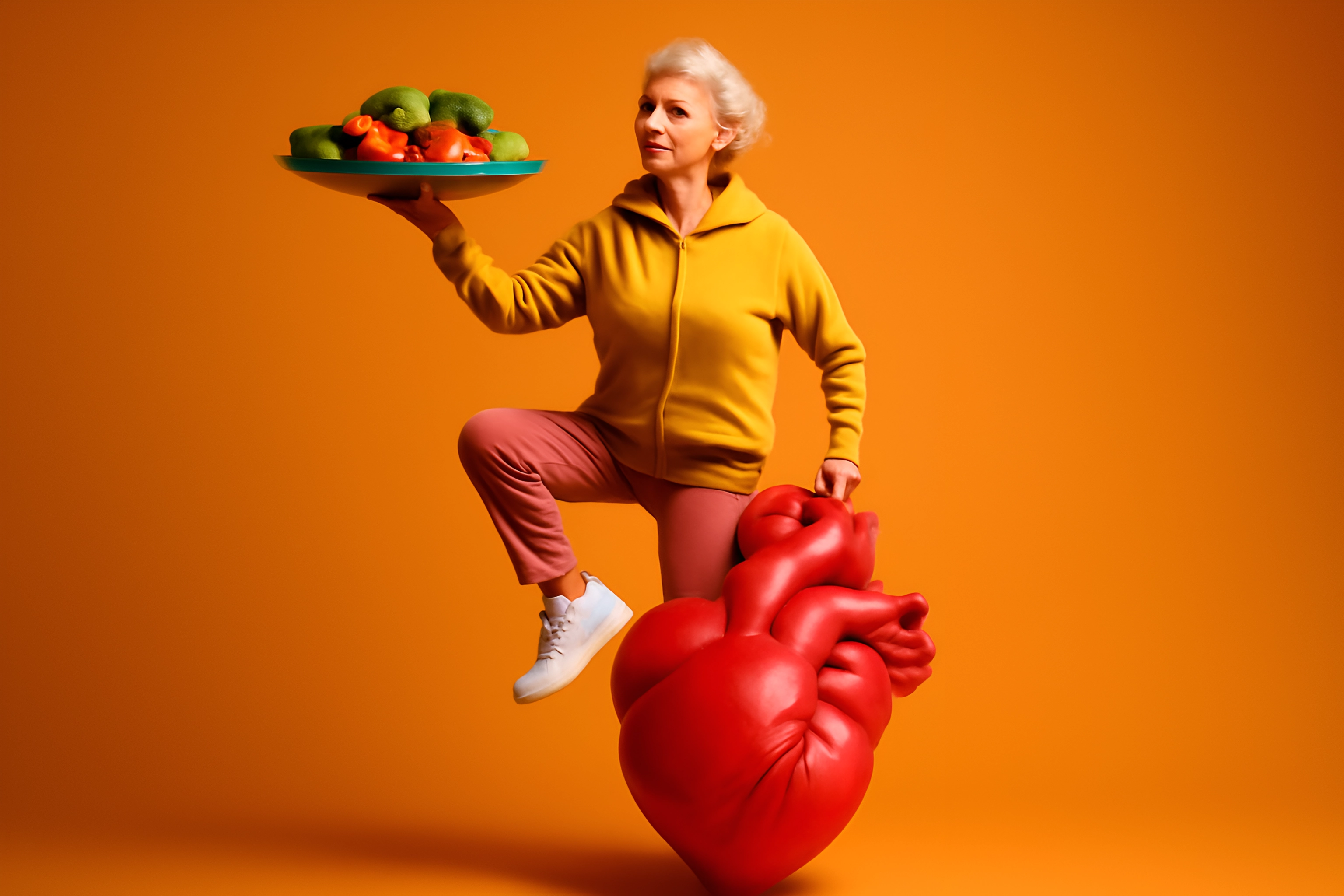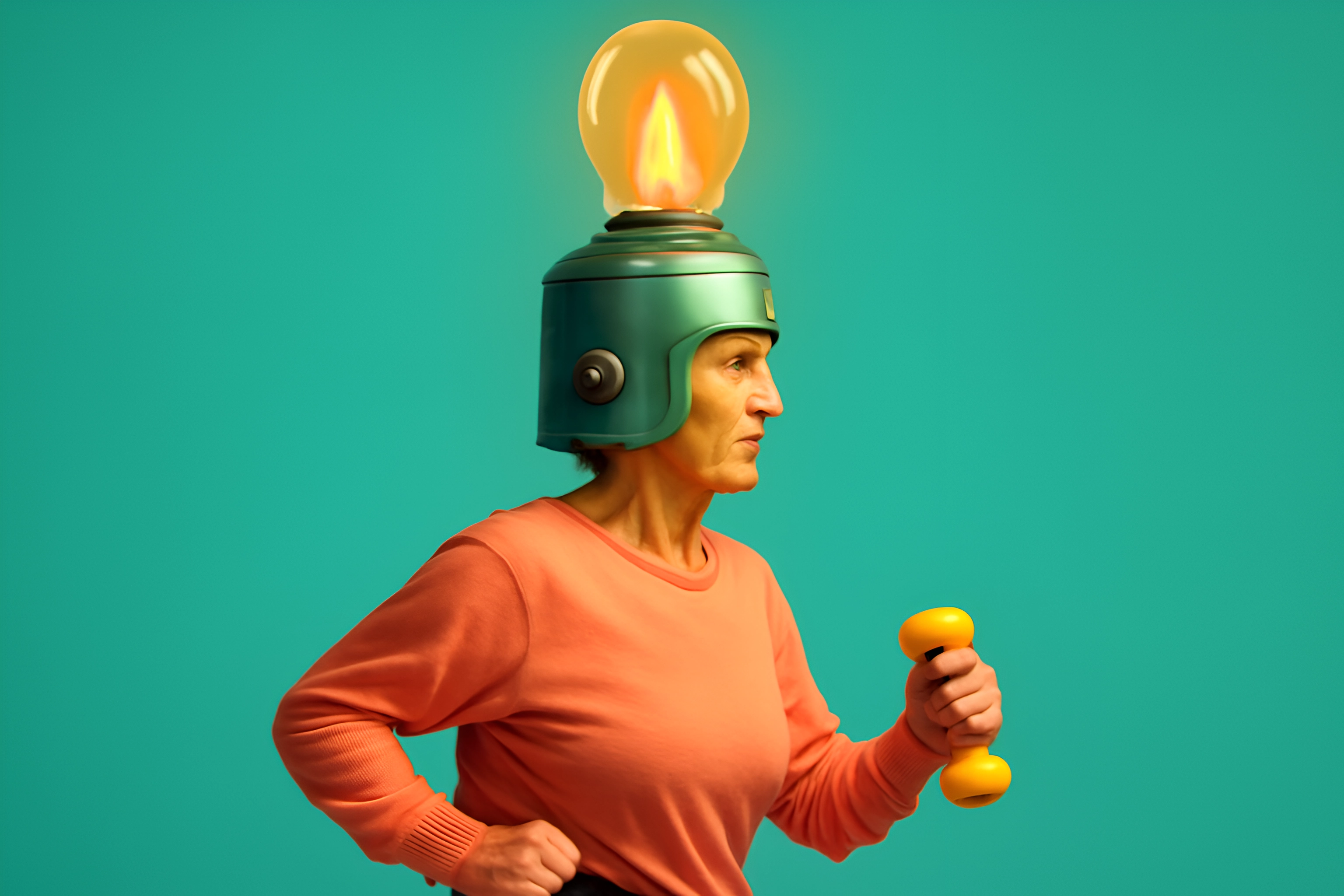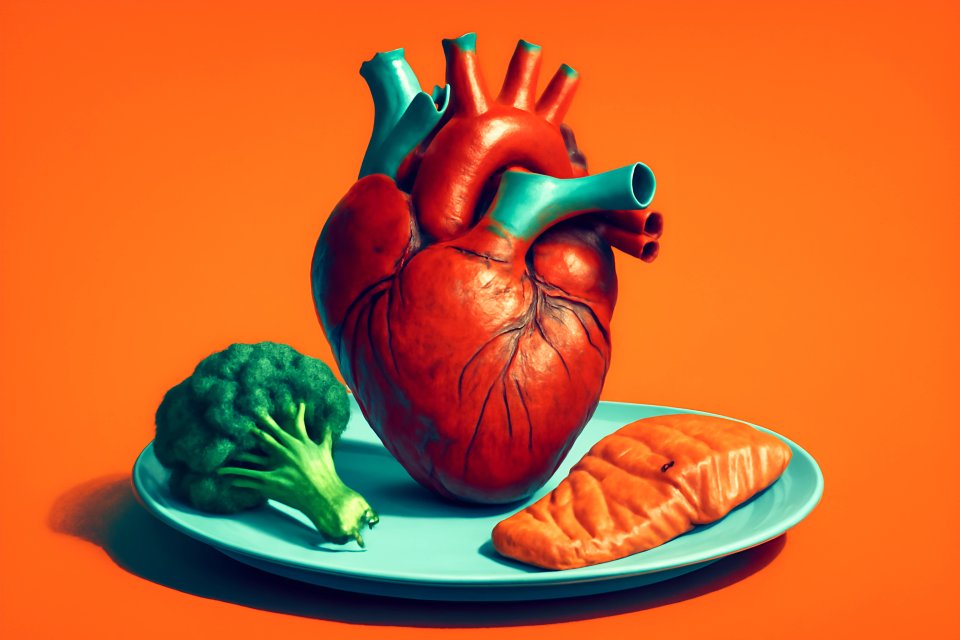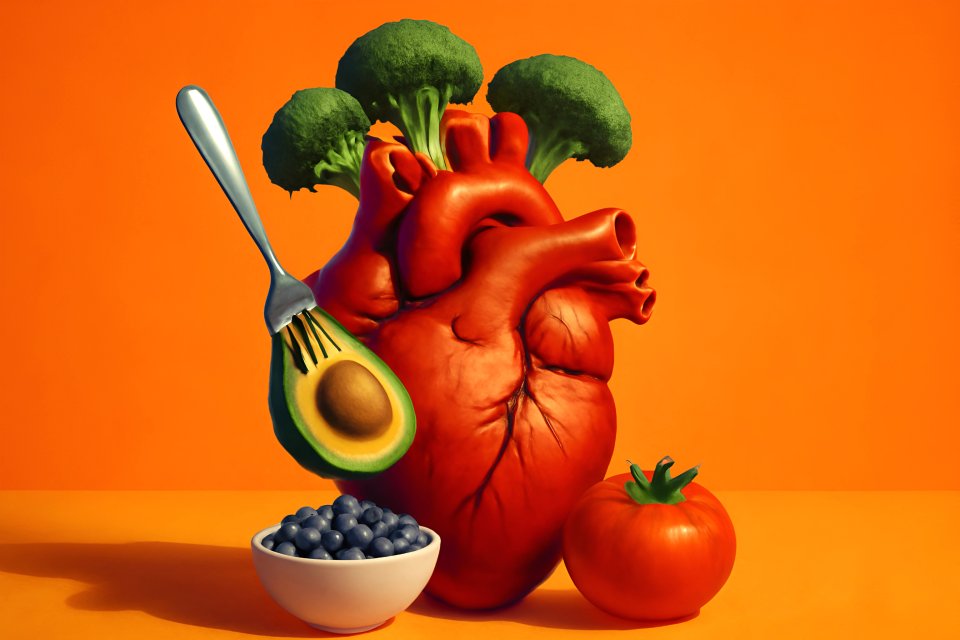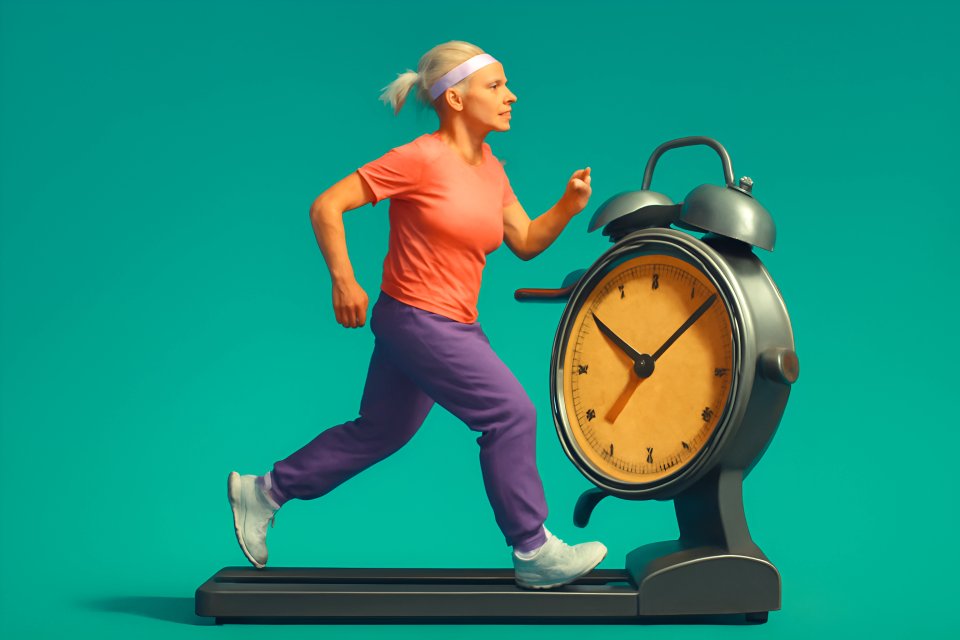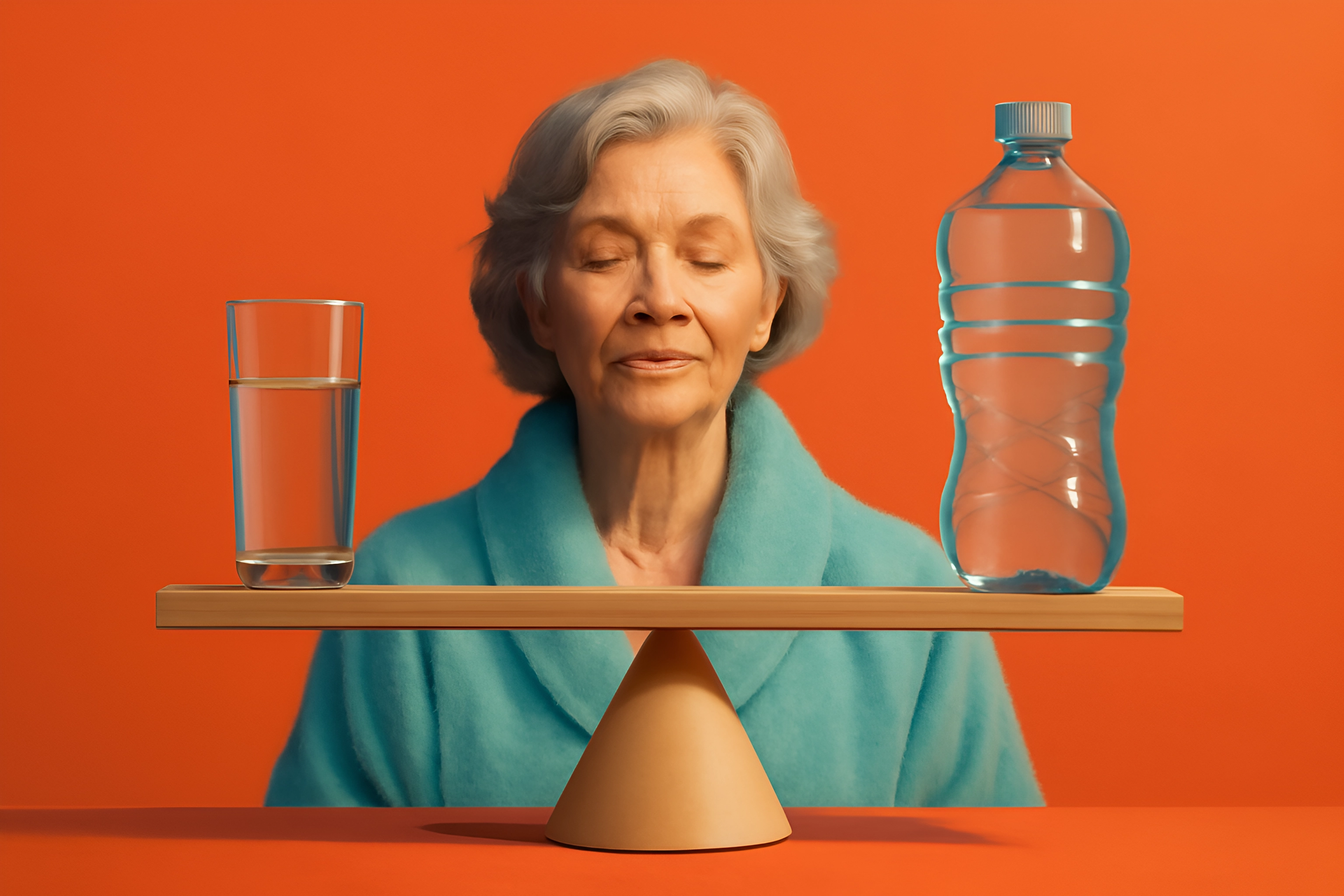
Feeling that afternoon slump a little more intensely these days? Or maybe you're dealing with more frequent headaches or a bit of brain fog that just won’t lift? You’re not alone, and the culprit might be simpler than you think.
It’s not another complicated diet or a demanding new workout routine. It’s the unsung hero of your health, the very foundation of your energy: water. We often overlook it, but proper hydration is the secret weapon to unlocking consistent vitality, especially as we navigate life after 50.
In this post, we'll explore why our hydration needs change as we age and provide simple, actionable steps to build balanced hydration habits after 50. Forget complicated rules—we’re focusing on realistic strategies that will help you feel more energized, think clearer, and support your long-term health. This is your first step toward reclaiming your focus and vitality, one sip at a time.
Why Hydration Matters More Than Ever After 50
It’s not your imagination—staying hydrated does seem to get trickier with each passing year. The reason is rooted in simple biology. As we age, our bodies undergo subtle shifts that make maintaining fluid balance both more critical and more challenging than it was in our 20s or 30s.
Understanding these changes is the first step toward taking back control of your energy levels. It’s about working with your body, not against it. The reward is profound: new research shows that good hydration is linked to healthy aging, potentially slowing the aging process and reducing the risk of chronic conditions.
The Age-Related Thirst Decline
Remember when you couldn’t go a few hours without feeling thirsty? That built-in alarm system can become less reliable as we get older. Our body's natural thirst signal often becomes less sensitive, meaning we can be well on our way to dehydration without even realizing we need a drink.
This diminished thirst sensation is a major reason why up to 28% of adults over 60 experience dehydration. You can no longer afford to wait until you feel parched. Instead, you must become proactive, making hydration a conscious habit rather than a reaction to thirst.
This is a fundamental shift in mindset. It’s about moving from passive waiting to active participation in your own wellness. Think of it as staying one step ahead of your body’s needs to ensure you always have the fuel for a vibrant, active life.
Changes in Body Composition & Kidney Function
Another key factor is the change in our body's composition. As we age, we naturally tend to lose muscle mass and gain fat. Since muscle tissue holds significantly more water than fat tissue does, this shift means our body has a smaller built-in water reservoir to draw from.
At the same time, our kidneys, the body's master filtration system, can become less efficient at conserving water. This means more fluid is lost through urine, making it harder to stay in balance. These physiological changes are a normal part of aging, but they underscore why a conscious focus on H20 for healthy aging is not just a good idea—it's essential.
These aren't signs of failure; they are simply new rules for the game. By understanding them, you can adapt your strategy and continue to thrive. It’s about giving your body the support it needs to function at its best.
The Impact of Medications
Finally, let's talk about something many of us manage daily: medications. Many common prescriptions for conditions like high blood pressure or heart disease have diuretic effects. This means they actively cause your body to expel more water and salt.
While these medications are often vital for managing health, they place an extra demand on your hydration efforts. It’s crucial to be aware of this side effect and compensate by consciously increasing your fluid intake throughout the day. This isn't about drinking gallons of water, but about maintaining a steady, consistent supply.
Think of it as balancing the scales. On one side, you have medications doing their important work; on the other, you have your proactive hydration habits ensuring your body remains in a state of equilibrium and strength.
Are You Dehydrated? Signs to Watch For Beyond Thirst
Because your thirst signal can no longer be fully trusted, you need to become a detective, looking for other clues your body is sending. Many of these subtle signs of dehydration are often dismissed as "just getting older," but they are actually urgent messages that your body needs more fluid. Recognizing them is your superpower.
Even mild dehydration—a fluid loss of just 2%—can negatively impact memory, mood, and concentration. Research from Penn State recently confirmed that dehydration in middle-aged and older adults may lead to attention challenges, making it harder to focus on tasks. If you're experiencing symptoms that mimic fatigue from a bad night's sleep, addressing your hydration is a great first step, but you may also want to explore advanced tips for overcoming insomnia to tackle the problem from both sides.
Here are some of the most common signs to watch for:
- Persistent fatigue or a feeling of lethargy that coffee can't fix.
- Difficulty concentrating or that frustrating "brain fog."
- Dizziness or feeling lightheaded, especially when you stand up.
- Dry mouth, dry skin that lacks elasticity, and dry eyes.
- An unusual increase in muscle cramps, particularly in your legs.
- New or worsening constipation.
- Dark-colored urine. This is one of the most reliable indicators—your urine should be a pale, straw-like yellow.
The Big Question: What Are the Right Water Intake Recommendations for Older Adults?
For decades, we’ve been told the same thing: drink eight 8-ounce glasses of water a day. While it’s a memorable rule, it’s also an oversimplification that doesn’t account for individual differences. The truth is, your perfect number depends on your body, your lifestyle, and even the weather.
A more personalized and effective starting point is to aim for half your body weight in ounces of water per day. For example, a 160-pound person would aim for 80 ounces. The Mayo Clinic explains that individual needs vary greatly, so this should be seen as a flexible guideline, not a rigid command.
The goal isn't to hit a magic number but to create a sustainable habit. Your needs will change daily based on your activity level, the climate you live in, and your overall health. The key is to listen to your body and adjust, using the signs we discussed earlier as your guide.
While these general water intake recommendations for older adults are a great start, the best approach is to tune into your body's unique feedback. Pay attention to your energy levels, your mental clarity, and the color of your urine. These are your most accurate and personalized hydration meters.
This personalized approach empowers you to take ownership of your health. It moves you away from a one-size-fits-all mentality and toward a smarter, more intuitive way of caring for yourself. You are the expert on your own body.
7 Simple & Sustainable Hydration Tips for Seniors
Building new habits can feel daunting, but the key is to start small. You don't need to overhaul your life overnight. Here are seven simple, sustainable hydration tips for seniors that you can easily integrate into your daily routine.
The goal is progress, not perfection. Pick one or two that resonate with you and focus on consistency. Before you know it, these small actions will become second nature, fueling your body and mind for whatever the day brings.
- Start Your Day with a Glass
Before you even think about reaching for coffee or tea, make your very first drink of the day a glass of room-temperature water. You've just gone 7-8 hours without any fluid, and this simple act rehydrates your system, kick-starts your metabolism, and sets a positive tone for the rest of the day.
- "Eat" Your Water
Hydration doesn't just come from a glass. Many fruits and vegetables are packed with water and can contribute significantly to your daily intake. After your morning glass of water, follow it up with one of these balanced breakfasts for seniors to keep the momentum going.
Food Item Approximate Water Content Cucumber 96% Watermelon 92% Strawberries 91% Cantaloupe 90% Oranges 87% - Set a Schedule
Don't leave hydration to chance. Link it to your existing habits by creating a simple schedule. Drink a glass of water before every meal, or set a gentle reminder on your phone every hour. Integrating hydration into your existing schedule is a core principle of building mindful daily routines for increased energy.
- Make Water More Appealing
If you find plain water boring, give it a makeover! Infuse a pitcher of water with slices of lemon, cucumber, mint, or a handful of berries. This adds a refreshing burst of flavor without any sugar or artificial ingredients, making it a treat you'll look forward to.
- Hydrate Smart Around Exercise
Physical activity increases your fluid needs, so it's crucial to hydrate before, during, and after your workouts. Proper hydration helps lubricate your joints, prevent muscle cramps, and improve performance. This is especially important when engaging in joint-friendly exercise to protect your bones.
- Choose Hydrating Alternatives
While water is best, other fluids can contribute to your goal. Caffeine-free herbal teas (like peppermint or chamomile), sparkling water, and even a splash of 100% fruit juice in a glass of plain water can add variety and help you meet your daily needs.
- Track Your Progress Visually
Sometimes, seeing is believing. Use a clear water bottle, perhaps one with time markers, to give yourself a visual cue of your progress throughout the day. And don't forget the simplest biofeedback tool of all: the
urine color check. A quick glance can tell you everything you need to know about your hydration status.
What to Limit: The Dehydration Culprits
Just as important as what you drink is what you limit. This isn't about deprivation or strict rules; it's about being mindful of beverages that can work against your hydration goals. The key, as with everything, is moderation.
Caffeinated beverages like coffee and tea can be a cherished part of your daily ritual, and in moderation, they can fit into a healthy hydration plan. However, because caffeine has a mild diuretic effect, these drinks shouldn't be your primary source of fluid. Think of them as an enjoyable extra, not your main supply.
Alcohol is a more significant culprit, as it actively dehydrates the body by suppressing a hormone that helps your kidneys retain water. If you choose to drink, be sure to alternate with a glass of water to offset its effects. Similarly, sugary drinks like sodas and sweet juices can be counterproductive, as the high sugar content can interfere with water absorption and work against your overall health goals.
Conclusion: Your First Step to Renewed Vitality
We've covered a lot of ground, but the message is simple: your hydration needs change after 50, your thirst signal isn't always reliable, and small, consistent habits are the secret to success. You don't need a complicated plan. You just need to start.
By prioritizing hydration, you are taking a powerful step toward reclaiming your energy, sharpening your mind, and protecting your long-term health. Every sip is an investment in a more vibrant, focused, and resilient you. The power to feel better is already in your hands.
Ready to reclaim your energy? Your challenge for this week is to pick just ONE of the hydration tips for seniors from our list and practice it every single day. Whether it's starting your morning with water or adding a hydrating snack to your afternoon, remember that every single sip counts.
What are your favorite ways to stay hydrated? Share your go-to tips and tricks in the comments below to inspire the FitOverFifty community.
